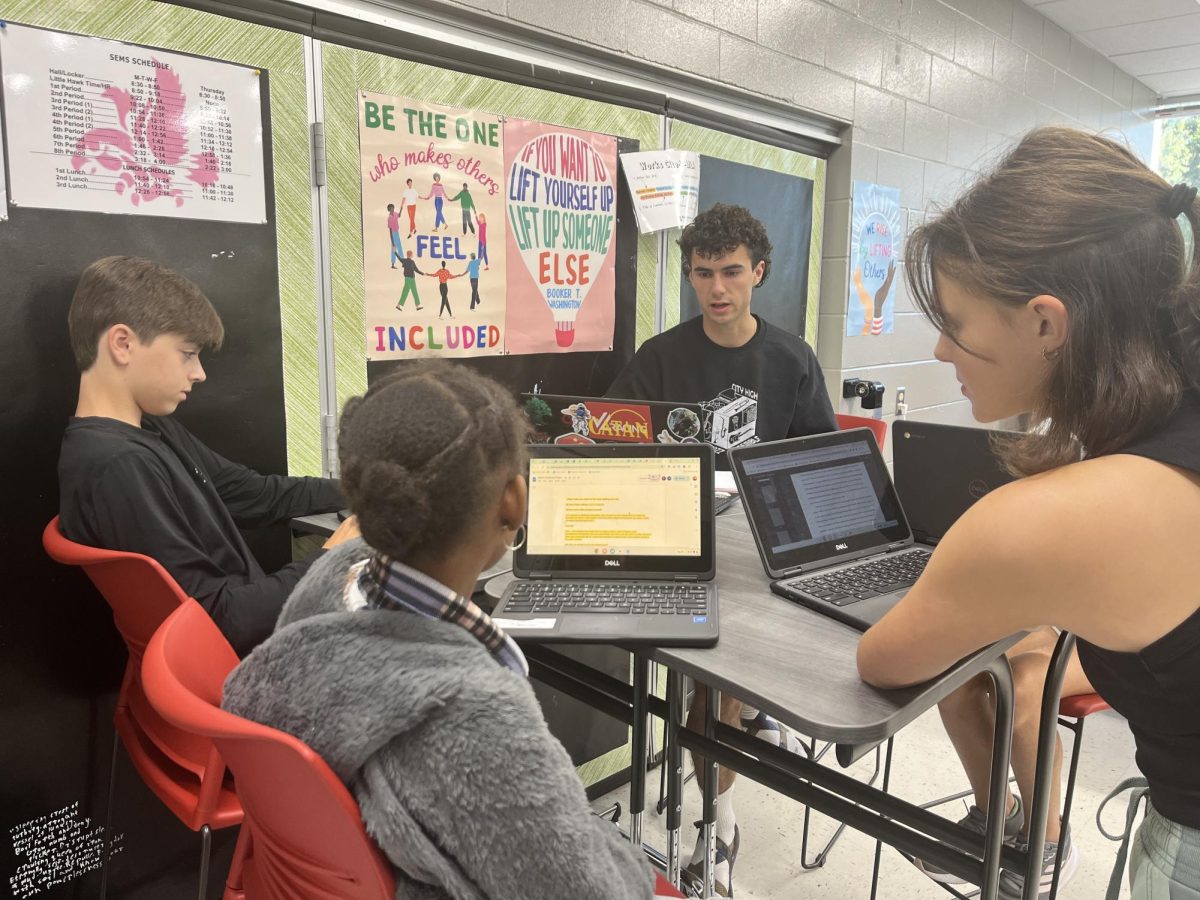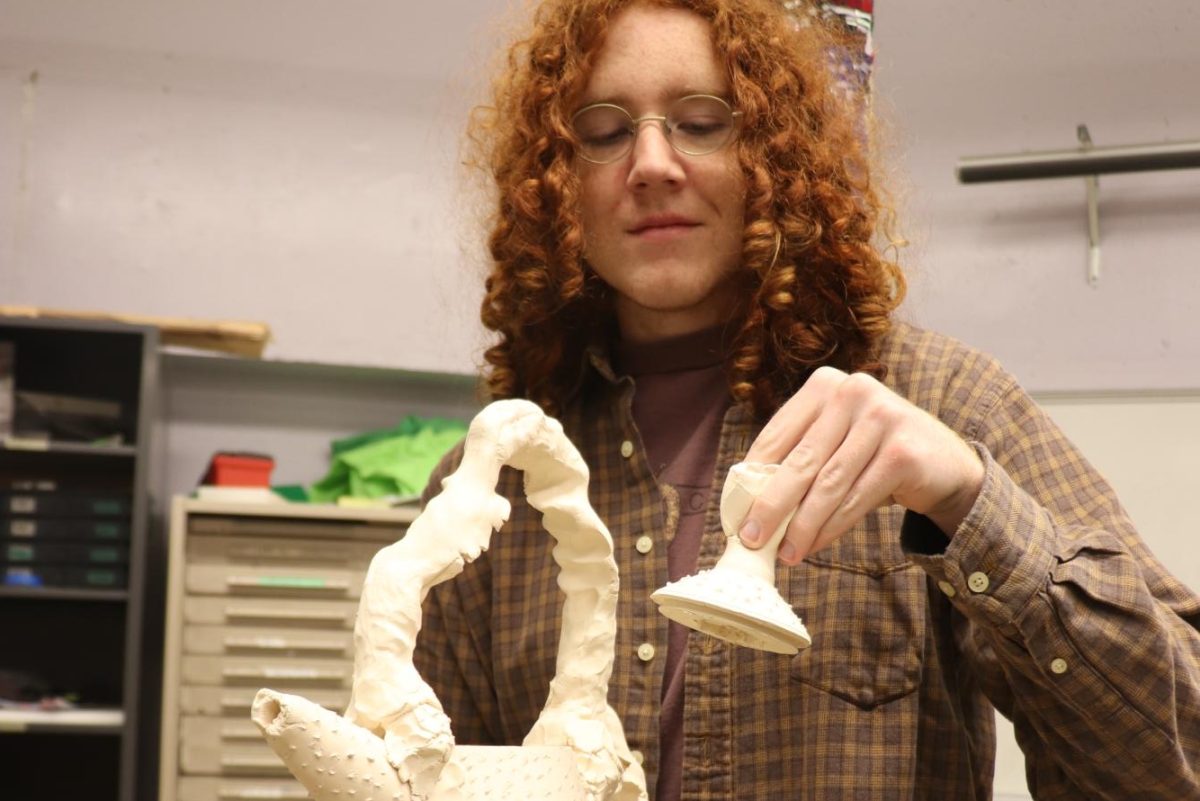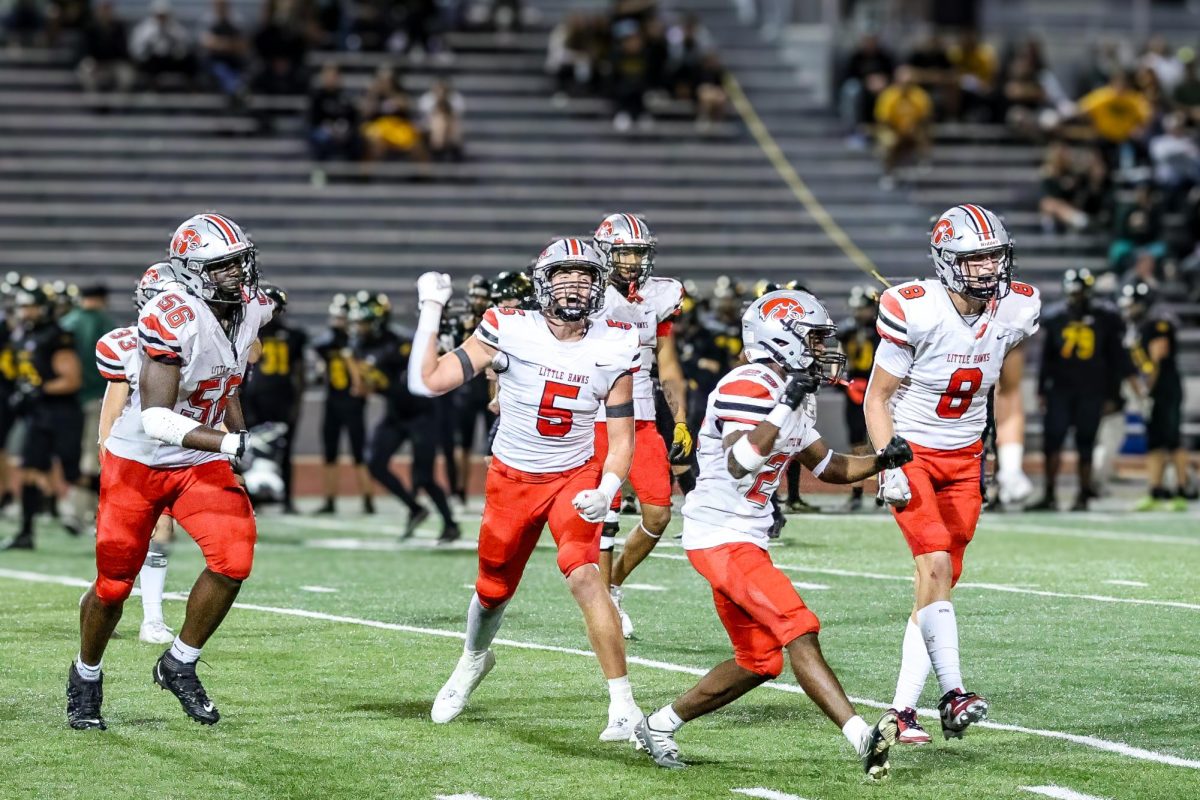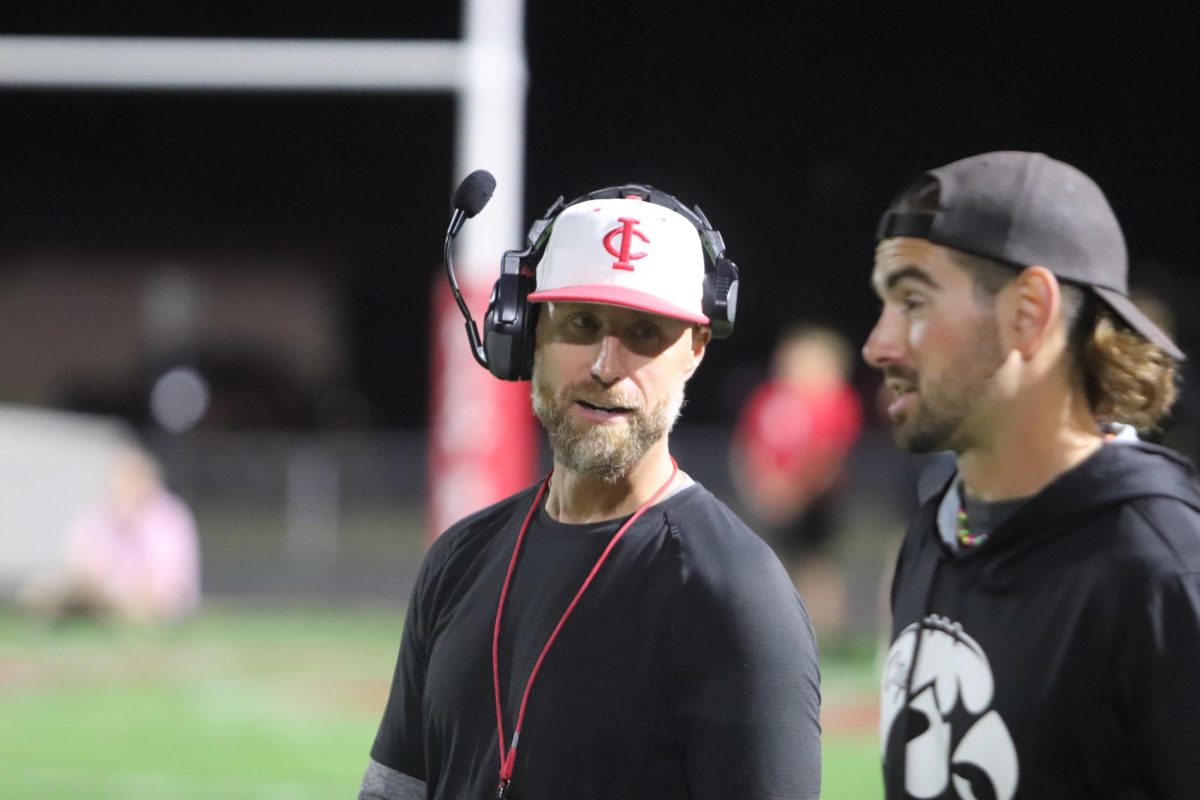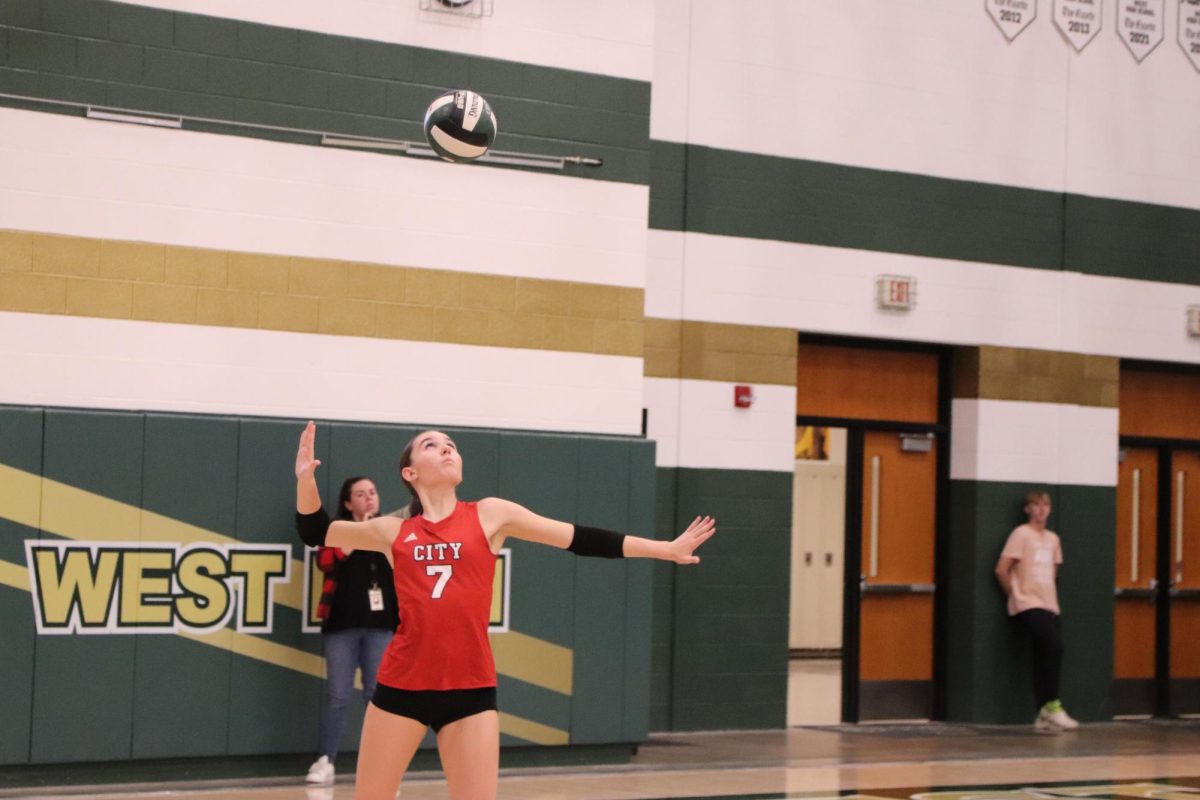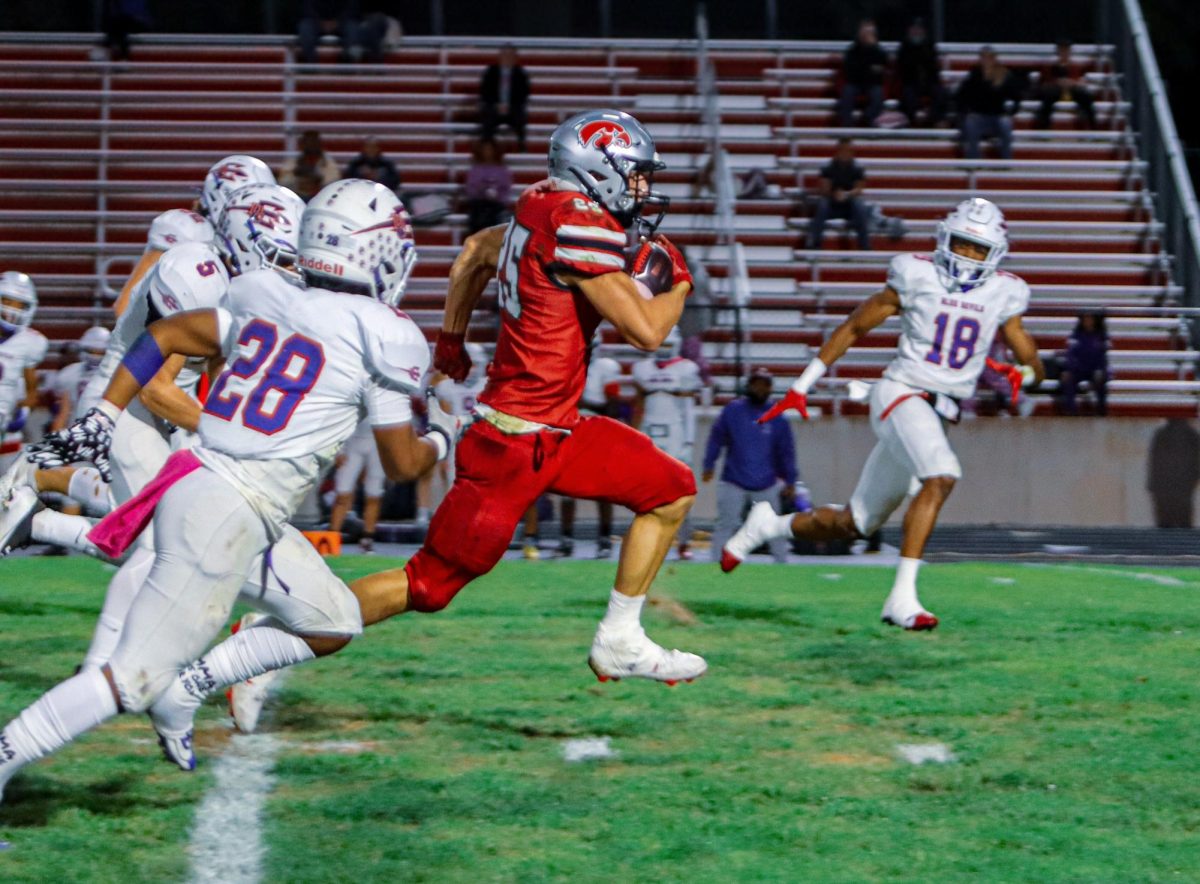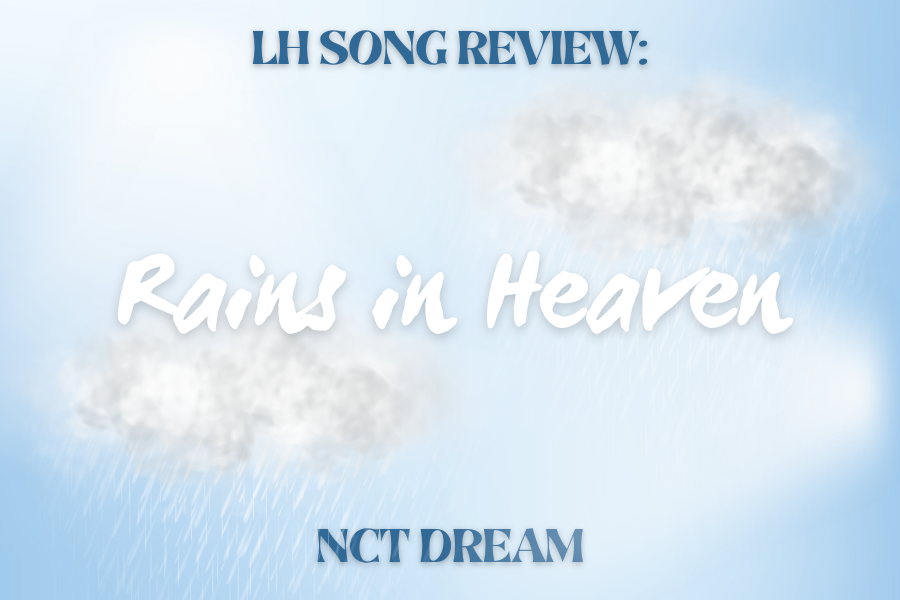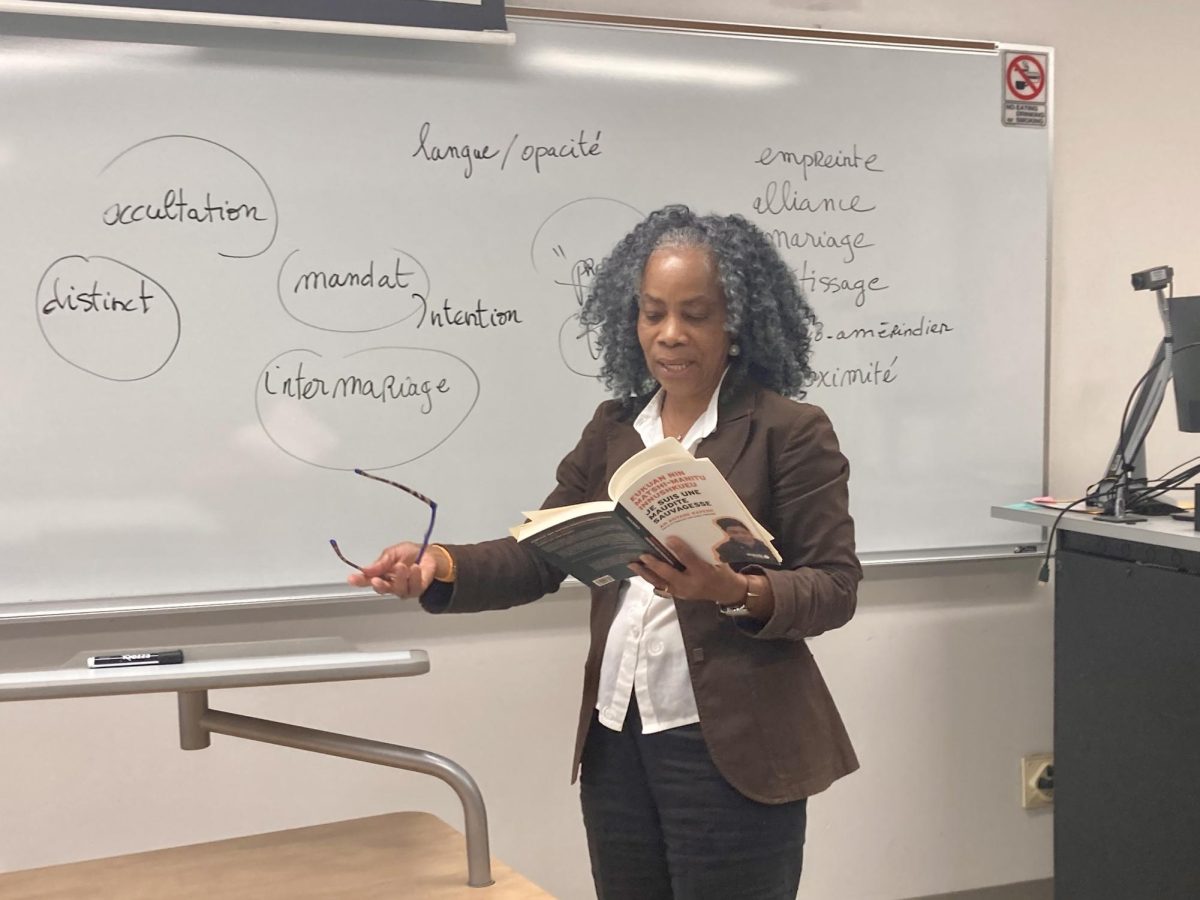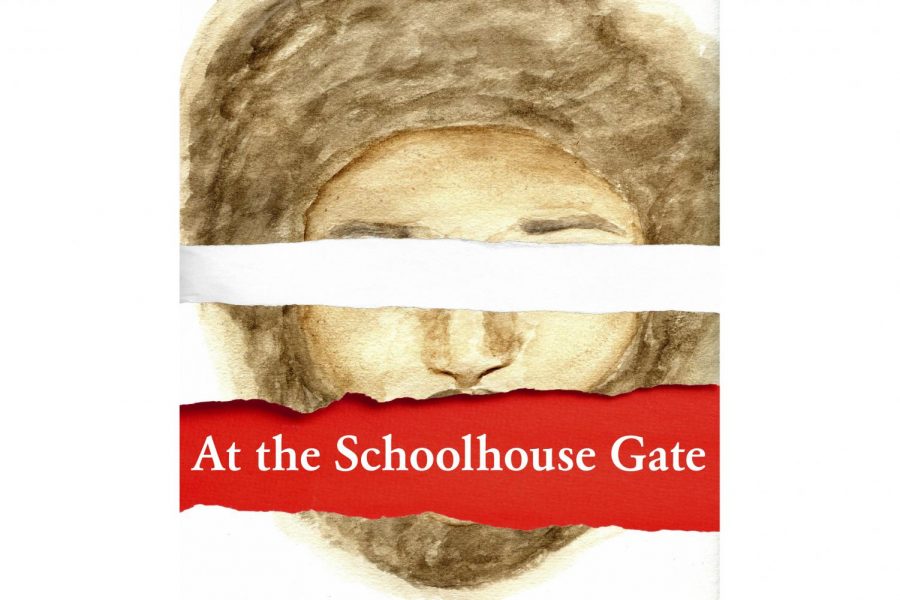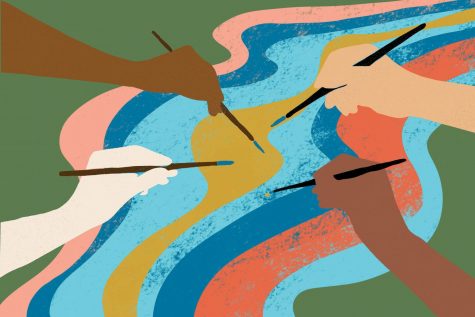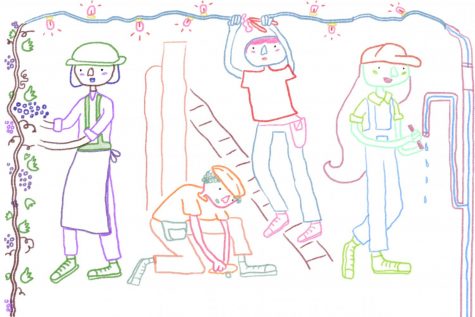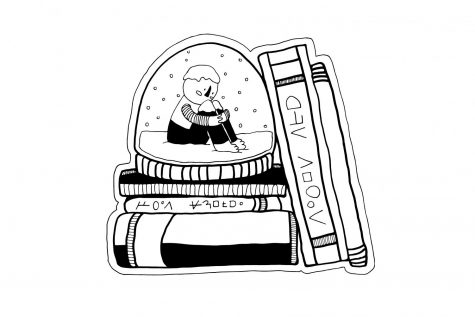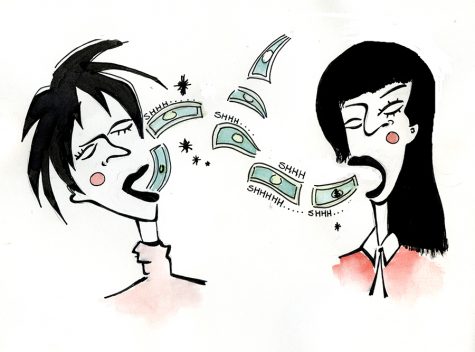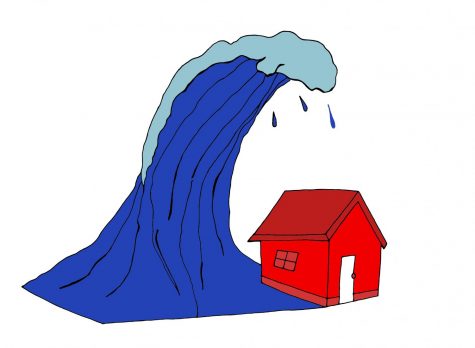Staff Editorial: At the Schoolhouse Gates
This statement was famously made by Justice Abe Fortas in Tinker v. Des Moines, a landmark Supreme Court case over students’ rights to free speech. Over 48 years ago here in Iowa, a high school disciplined three students for wearing armbands in protest of the government’s actions in the Vietnam War. Those students took the school all the way to the Supreme Court in order to protect their rights. The Supreme Court found in favor of those teenagers decades ago, but the issues raised by the case remain the same: injustice, respect for the armed forces, and students’ rights to protest.
Following Colin Kaepernick’s first public protests, kneeling during the national anthem to protest police brutality has spread across the nation. This month, the movement reached City High, bringing with it all of the contention of its national counterpart. How do we address racism in our modern society? Is kneeling disrespectful to the troops? Or, by exposing violations of some of America’s basic tenets, is it a way of honoring the sacrifices they have made to preserve our freedom?
Amidst this controversy, another quietly slipped away, overlooked by many of the people caught up in the debate over kneeling. It is a question perpetually raised by other controversies, separate from and yet entwined with the issues that raise it: How do we define the freedom of speech?
After the student-planned protest at a City football game was announced, Principal John Bacon initially told members of the band that they were not allowed to kneel during the anthem, unless they were willing receive a failing grade for that game. He later walked back those statements after speaking to legal counsel and allowed the band to kneel, on the condition that they did so off-field. In the end, a dozen or so band musicians knelt along the sidelines.
While all students were eventually allowed to exercise their voices as their conscience demanded, they found the administration to be an enemy of that goal, rather than an ally. By their own nature, schools should encourage free speech and student expression, not suppress it. The goal of the public school system is to educate and inform citizens. Part of that education is teaching about our inherent rights and how to use them. Schools have an obligation to foster students into an active generation that participates in our democracy and that shapes America into the nation we want it to be. The greatest salute that the school administration can give to our anthem is to foster and respect the values it represents.
And whether students want to pay respect to the anthem or to ameliorate the society that it honors, the most important thing that they can do is understand the great power and the great privilege that they wield. Without the right to speak freely, we can voice neither concerns about injustice nor a vision of a grander future. Issues of civil rights and national destiny are no more issues of the past than is the right to protest. And what greater disrespect can be shown to those who lost their lives for our rights than throwing away those very freedoms they sought to protect?
In learning the importance of our own voices, perhaps we can learn the importance of others. Then, just maybe, we might be able to listen.
Your donation will support the student journalists of Iowa City High School. For 2023, we are trying to update our video and photo studio, purchase new cameras and attend journalism conferences.





